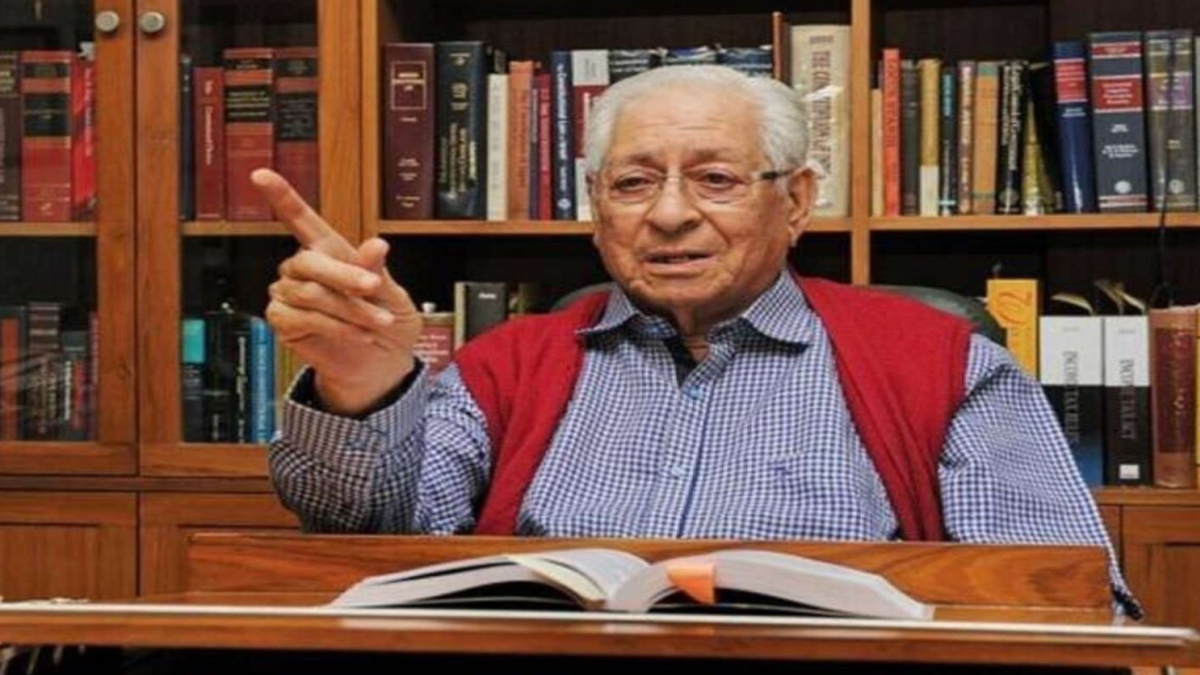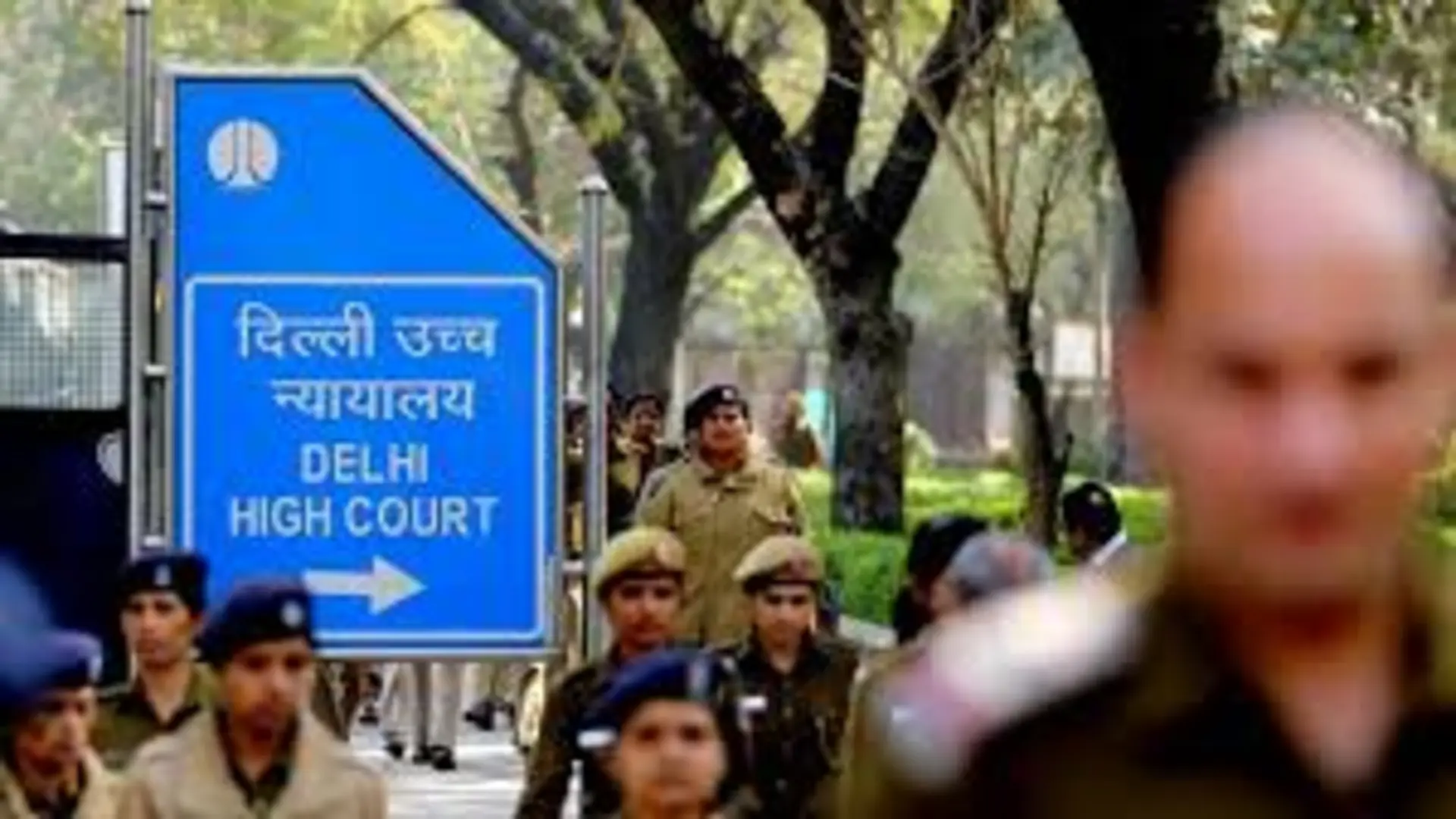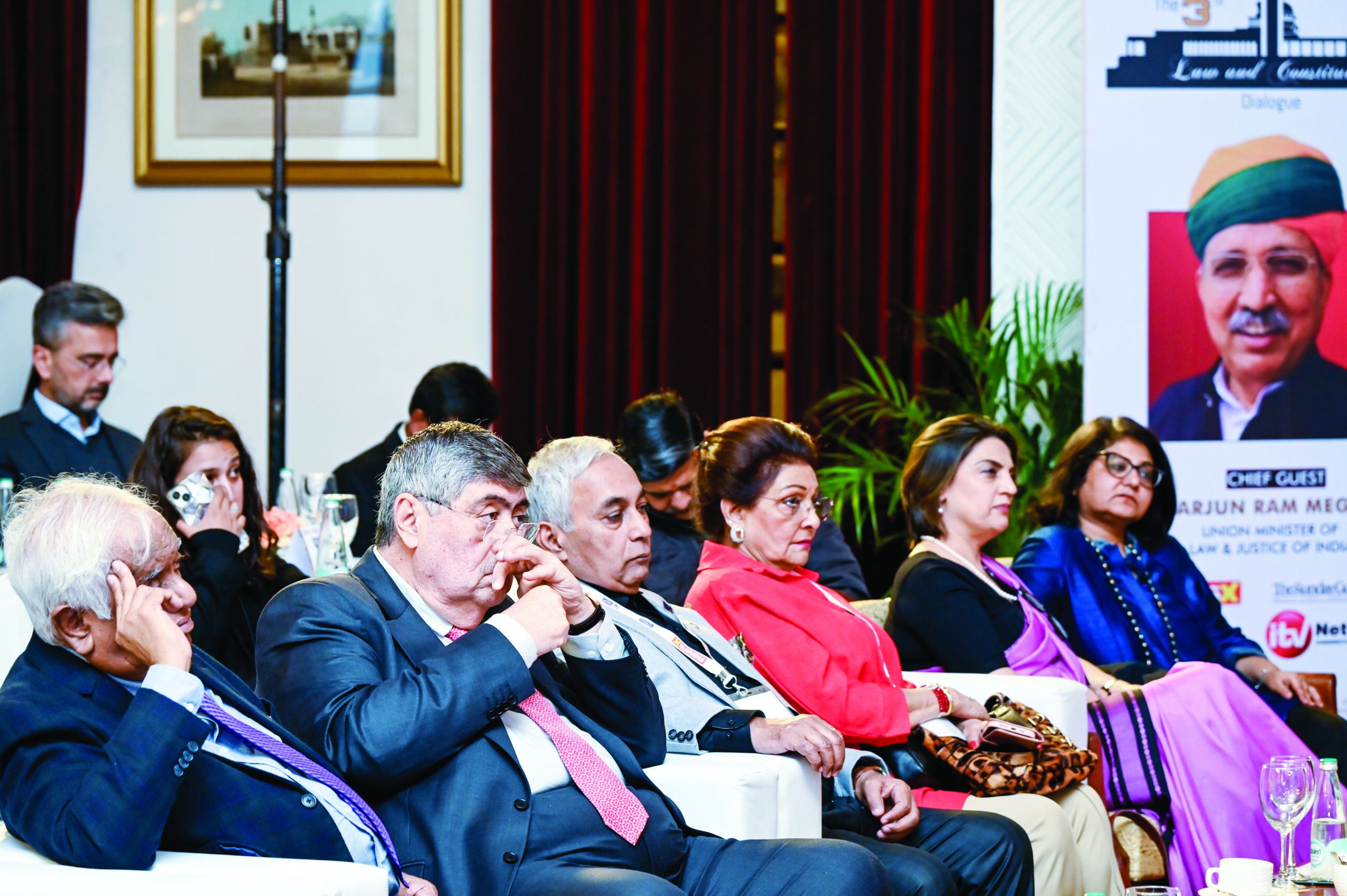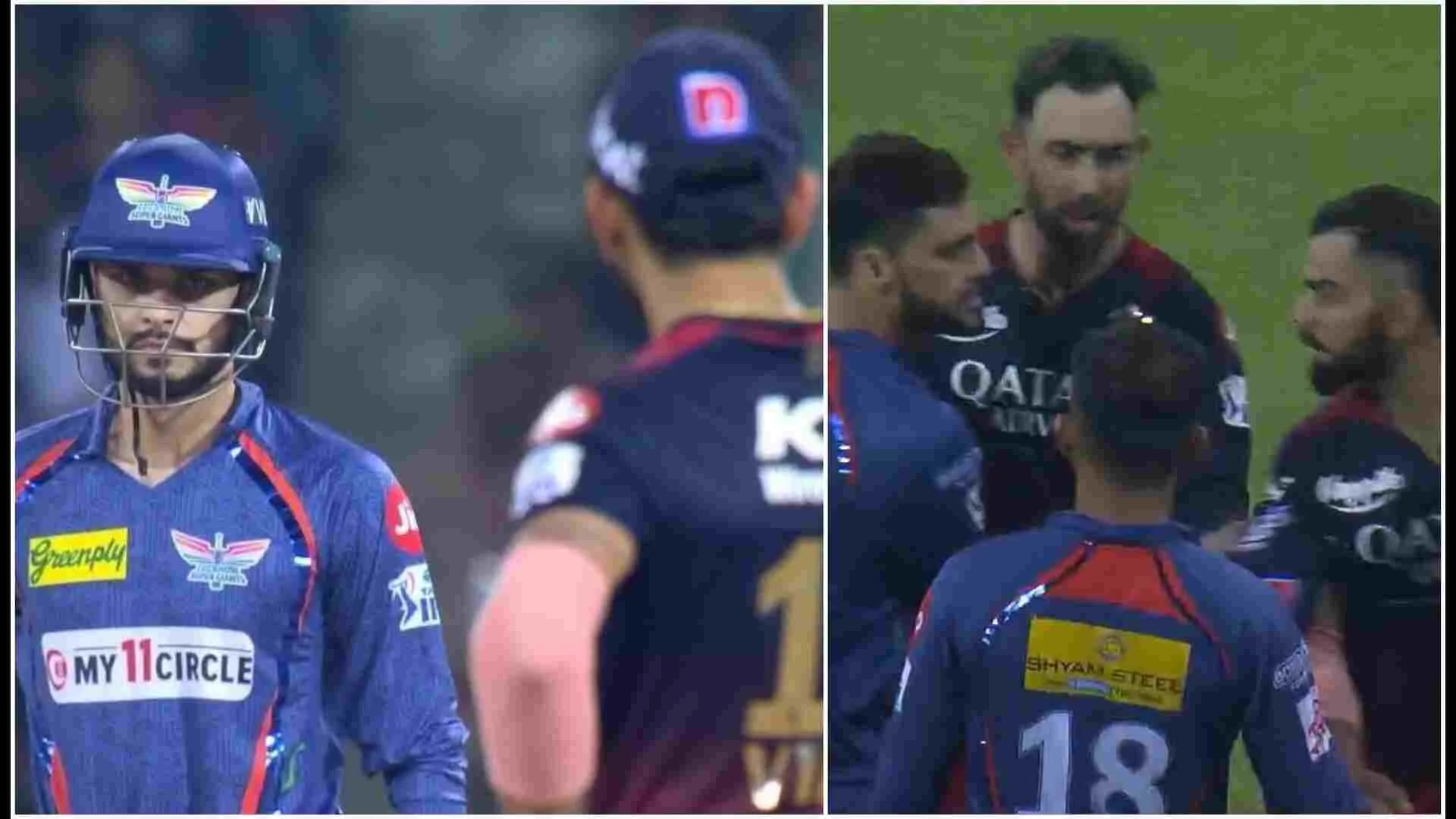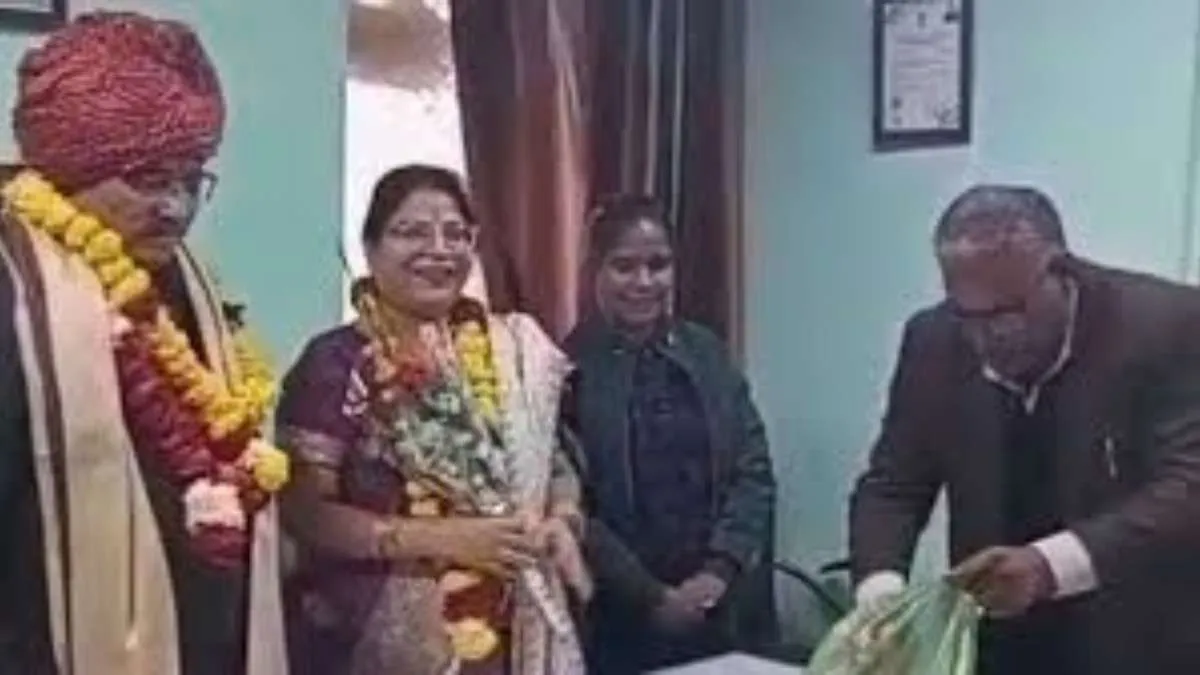Reminiscing about Soli conjures up so many memories and images. A sprightly Soli in the early years in his barsati office in Sunder Nagar—a period when Sunder Nagar was not known as a lawyers’ colony. Sparse and bare, the office was a no nonsense assembly line of short precise conferences in the morning of hearing day as far as SLPs were concerned. Soli would rely on his two or three juniors, make a one line note of a point on the last hard inside cover page of the file. We would be out in a maximum of 10 minutes, usually dissatisfied with his degree of understanding and absorption and alarmed at the last minute conference a few minutes before court started. And then he would astonish us with his dexterity inside the court, his nimbleness with the point at issue, repeatedly hitting the nail on the head when questioned by the Court and usually carrying the day.
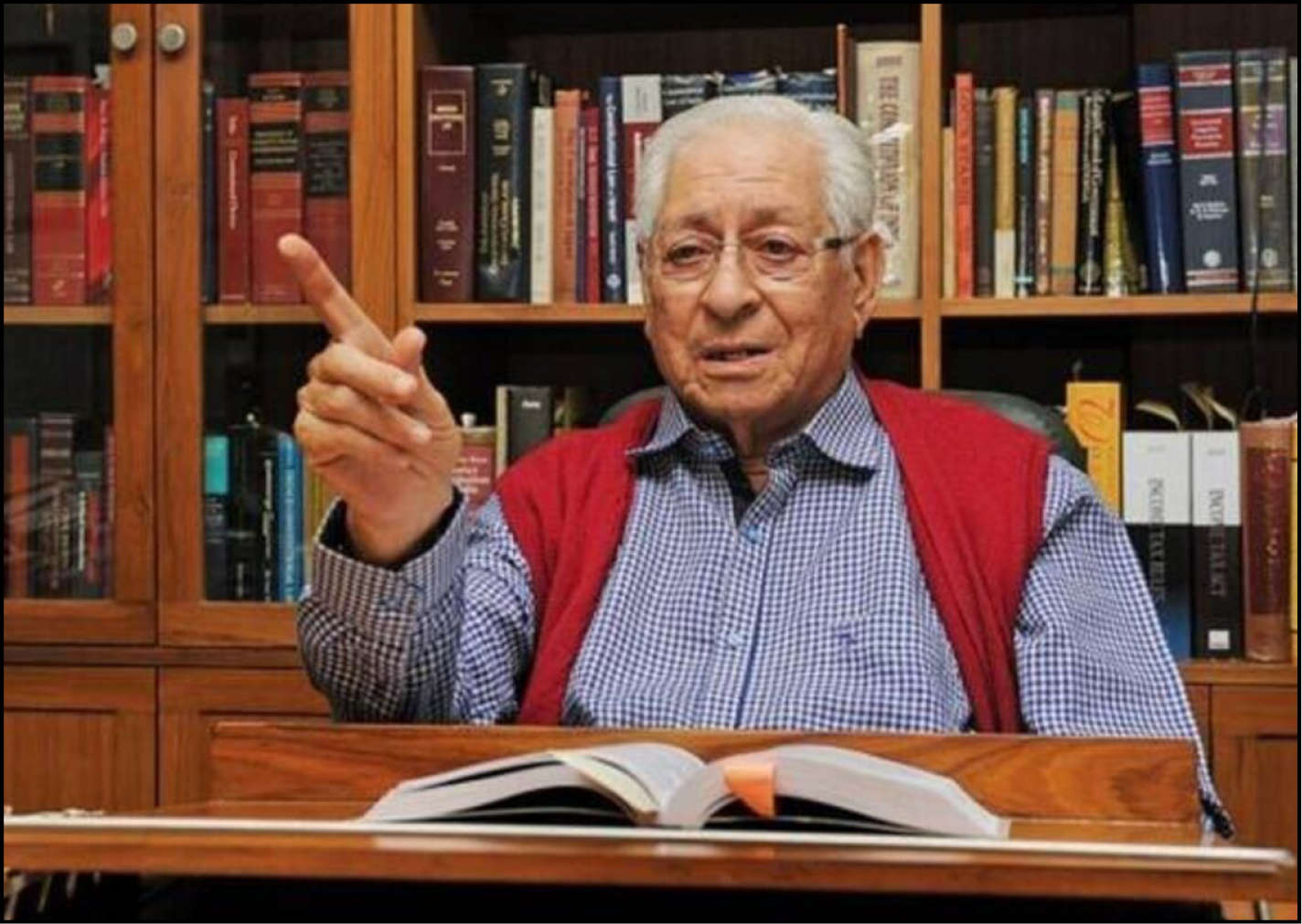
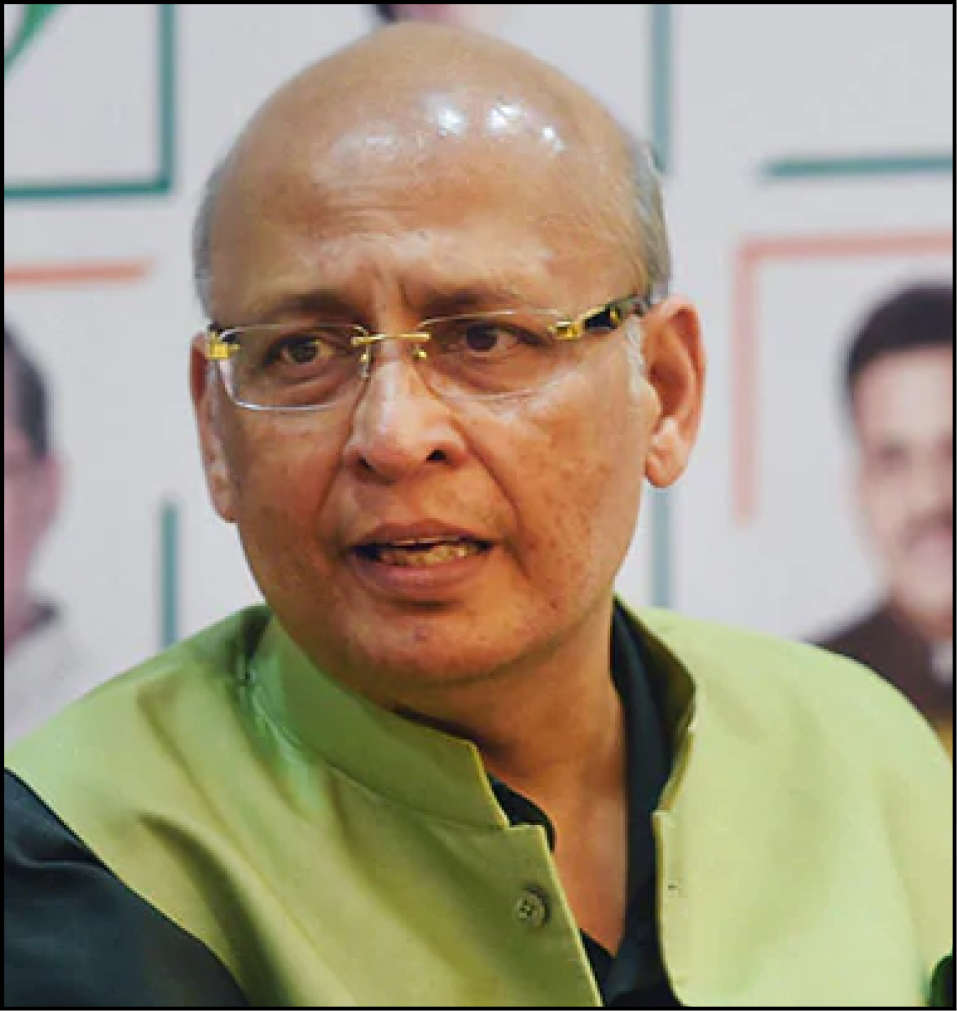
Regular final hearing conferences were longer and mercifully held the previous evening, but there again, the notes were sparse and instructions precise: to look up this point or that and reference to some case law. Although Soli cut his teeth on excise law when he moved to Delhi (and as second assisting counsel very briefly with Ravinder Narain of the then JBD, the reigning czar of excise law, I was privileged in the early 1980s to appear with them for a few months in many of those excise cases in court number one of the Delhi High Court, known as the St. Stephen’s Bench comprising the Sherwani wearing Chief Justice, Prakash Narain, sitting with the cherubic BN Kirpal), he was happiest and at his professional best when he did public law cases. His consummate ease showed when he argued the Satwant Singh case (right to travel case), the pleasure was patent when he talked of the Maneka Gandhi case (the passport case) and his expertise shone when he delved gleefully into treatises like Wade on Administrative law (Wade having been also mv guide for the PhD at Trinity College, Cambridge) or De Smith on the same subject. Some of his best moments are in the seminal Bommai case, the delicate nuances of which ] fully understood only when I dived deep into it while arguing the Uttrakhand, Karnataka (twice), Maharashtra, Jharkhand and Goa cases.
Cur to 1987, the year when Soli, his then favourite chamber junior Salve and myself were invited to Pakistan (Karachi) to speak at the Bicentennial of the US Constitution. Soli had a large circle of friends in the legal community of that country and was already regarded as something of a legend. Every evening, Soli would regale us with his mimicry sessions. No icon was exempt and no pomposity immune from puncturing, from judges to lawyers to politicians in Soli’s vast repertoire. I have been privy to some equally good mimicry sessions at Soli’s residence in Delhi, especially when the redoubtable Divyang Chhava, a strapping, bulky and muscular Advocate exceeding Soli’s expertise in this department, was active in the profession.
Soli always epitomized the saying that a lawyer doing only law would always remain a mason. It is only a lawyer’s interest in literature, in public affairs, in human rights and so on, which would enable him or her to claim to be an architect. Soli was omnipresent and omniscient in every such non legal department, a trait I consciously and largely unsuccessfully tried to follow in my early years as a young lawyer. In that pre 24×7 media era, Soli would be a star speaker at every major seminar, 3 regular writer in newspapers, an organizer of or participant in several jazz events, a presence at poetry sessions and generally a hyperactive social, professional and public figure in Delhi.
His love of books is legendary. To this day, his favourite retreat is his den, lined neatly with his most treasured possessions. As he rightly says, they are his best friends who have never let him down. Shakespeare remains his favourite and his recitation from diverse works of the bard is astonishingly impressive. His ironical and sometimes caustic humour owes much to his love o d
As my immediate cheek by jowl neighbour (our houses share 2 wall), it is my abiding regret that I have not spent sufficient time with him, listening to his considerable talents as a raconteur and as a2 treasure house of anecdotes. years advance, I repeatedly tell him that my wife and I are a phone call of guard call away at any time of the day and night and that he should not hesitate to call upon us. The gentleman that he is, he has never invoked this liberty even partially or fractionally. Occasionally, when my wife tends him a dish cooked by her, Soil’s prompt call reflects his unfailing courtesy.
As a young achiever (a senior advocate at 41, twice Attorney General), Soli clings to his old fashioned Likes and dislikes. Despite the humongous achievements of his daughter Zia as founder and Managing Partner of one of India’s very top law firms, Soli will always express a tinge of regret, and has said so to me, as to how much he would have liked Zia to be a counsel! He gets livid at secing marked, annotated or highlighted books and will grimace violently it anyone sneezes in his presence. A measure of his leadership and magnanimity is the illustnous line of chamber juniors spawned by him: Subramanium, Salve, Ganesh, Haksar, to name a few out of many. Though a year older than my father, and a good friend of his, he has effortlessly and from Day One, bridged any generational gap that might have been.
If Soli was forced to choose amongst his many passions, I would guess freedom of speech and press would be his choice. His commitment to it has been unfailing and unflagging, never affected by the vicissitudes of contemporary ambiance or or the burdens and exigencies of high office. Of his numerous writings, this subject has occupied and excited him most. His commitment to this cause has remained undiluted. Despite possessing a different political persuasion, Soli has steadfastly believed in Voltaire famous dictum that he would disagree violently with anyone but defend to death that person’s right to disagree with him. Fie has so newer hesitated to criticize and to his views candidly, whenever the cherished values of free speech are endangered, even if that assault emanates from those of his political persuasion or ideology. Nor has he ever carried any difference of view, as for example on many issues with me, even anywhere near the zone of bitterness of pettiness.
My two abiding regrets are that Soli is one of India’s best ambassadors which this county never had and, secondly, that he should have written two books, ready in his head, long ago: his memoirs and a book on public law, While the first is unfulfillable, I end by repeating the second entreaty, as already personally conveyed to him many times.
Dr. Abhishek Singhvi is third term sitting MP, eminent jurist, former Chairman, Parliamentary Standing Committee on Law & Justice, former Additional Solicitor General & Soli’s immediate neighbour for last 20 years.

